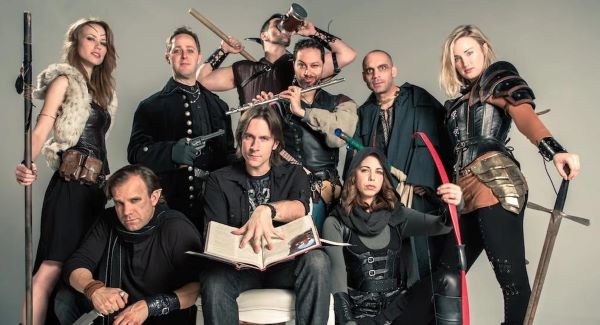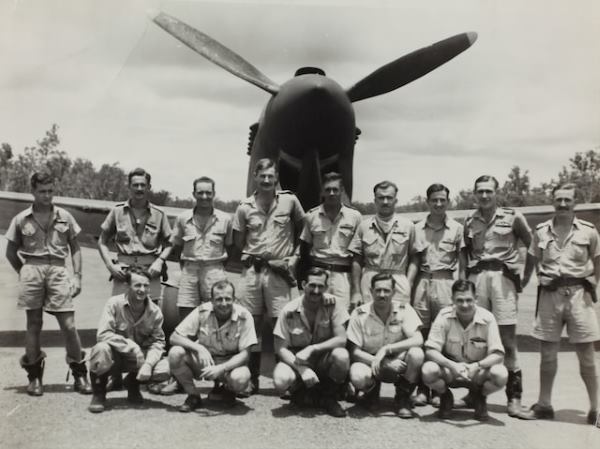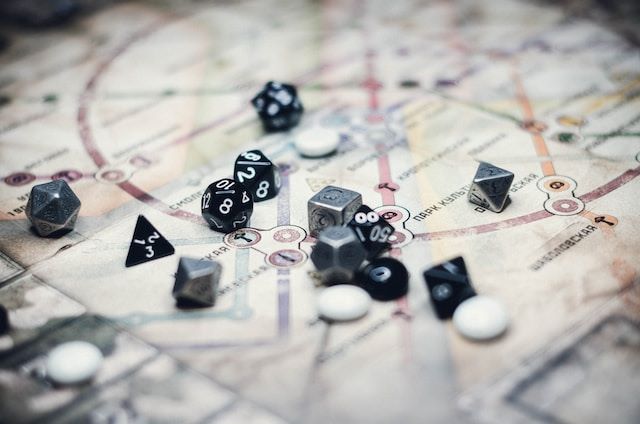In any group setting, whether a military unit, Dungeons and Dragons party, or a business team, establishing a sense of identity and camaraderie is crucial. One powerful way to achieve this is by assigning team names. This seemingly simple act can have a profound impact on team culture, cohesion, and performance. Let’s explore how team names have been utilized in various contexts to bring people together and drive outstanding results.
Military Unit: Task Unit Bruiser
An excellent example of how team names can enhance culture and performance comes from Jocko Willink’s Task Unit Bruiser. Jocko Willink, a former Navy SEAL and co-author of the book “Extreme Ownership,” led this elite unit during the Iraq War. By giving his team a strong and formidable name like “Bruiser,” he instilled a sense of pride and toughness in the members. It reinforced their shared identity and the importance of working together as a cohesive unit. The name became a symbol of their shared values and mission, creating a powerful culture of accountability, teamwork, and relentless determination.

Military Unit: Unit Hard Luck to Hardcore
Another compelling military example is from the legendary Colonel David Hackworth. During the Korean War, he commanded a struggling infantry unit known as “Unit Hard Luck.” Realizing the negative impact of the name on morale, he rebranded the unit as “Hardcore.” This simple change transformed their mindset, boosting their confidence and belief in their abilities. The new name inspired them to adopt a more resilient and tenacious attitude. Leading to a significant improvement in their performance on the battlefield.
Dungeons and Dragons Party: Critical Role’s Vox Machina
Even in the realm of tabletop role-playing games like Dungeons and Dragons (D&D), team names play a vital role in fostering cohesion and storytelling. Critical Role’s Vox Machina is a famous example. Critical Role is a popular web series where a group of talented voice actors play D&D together. Vox Machina is the name they chose for their adventuring party. The name not only reflects the characters’ diverse backgrounds and abilities but also serves as a symbol of their unity. Facing epic quests and battles, the name became a rallying cry, reinforcing their commitment to each other and their shared goals. It also resonated with the show’s fans, creating a strong community and fanbase. Ultimately, helping them create a multi-million dollar business.
Hankerin Ferinale of Runehammer has been running a campaign for a D&D party who call themselves the “Dirty Jobs Crew”. The naming of the party really helped this group of new players form a cohesive team. Which in turn helped them work together through many crazy adventures. Listening to the session recaps you get a definite sense of the party’s distinctive identity. All fostered from that initial naming of the team.
In my own campaign we have had numerous party’s. Many comprising some of the same players but each with a very distinctive feel to them. The “Heroes of Khursand”, “Salkire Five”, “Bishops Fist” and the “Highgate Devils”. All these groups have revolved around teamwork and having fun in unique ways.

Business Team: Apple “Geniuses”
Apple’s decision to label their tech support staff as “Geniuses” has had a profound impact on their workplace culture. By bestowing this title upon their employees, Apple has elevated the status of this team. Effectively imbuing them with a sense of expertise and authority. This move not only enhances the confidence and morale of the Geniuses but also fosters a culture of respect within the organization. It encourages other employees to appreciate the valuable contributions made by the team and promotes a collaborative environment where knowledge-sharing and problem-solving are highly valued.
Furthermore, referring to their tech support representatives as Geniuses reflects Apple’s commitment to customer service and excellence. The term Geniuses conveys a sense of mastery and wisdom. In turn, this signals to customers that they can trust these experts to resolve their technical issues efficiently. This approach aligns with Apple’s brand image of delivering innovative and top-notch products backed by exceptional support. The use of this title also encourages the Geniuses to take pride in their roles, leading to a more dedicated and motivated workforce. Overall, Apple’s decision to call their tech support team Geniuses has not only impacted their workplace culture positively but also reinforces their commitment to delivering unparalleled customer service.
Final thoughts
The examples of Task Unit Bruiser, Unit Hard Luck to Hardcore, Vox Machina, and Apple’s “Geniuses” demonstrate the powerful influence of team names on culture and cohesion. Whether in military, gaming, or business contexts, giving a team a meaningful name can foster a shared identity, build camaraderie, and drive exceptional performance. A well-chosen team name instills pride, creates a sense of purpose, and reminds team members that they are part of something greater than themselves. So, whether you’re leading a team or part of one, consider the impact of a name – it might be the catalyst to unlock your team’s full potential.



